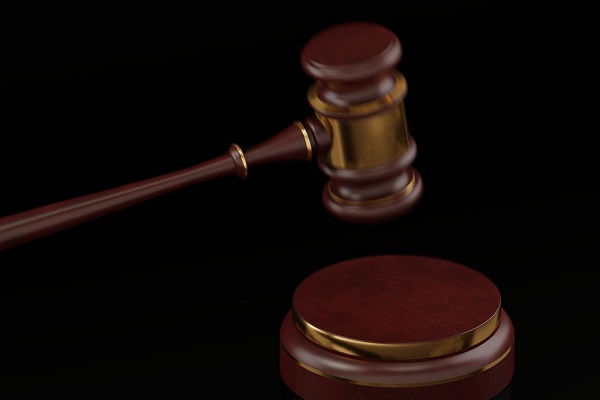
Appeals Court Rules the U.S. House Can Reject Atheist Invocations
- By Derek Welch --
- 22 Apr 2019 --

FFRF says the exclusion of non-religious prayers violates civil liberties.
The U.S. Court of Appeals for District of Columbia has upheld the earlier ruling that the U.S. House Chaplain can stop atheists from delivering any or all invocations[/tweetit]. Dan Barker, the plaintiff in Barker v. Conroy, expressed dismay towards atheists along with other non-believers being treated like second class citizens. Barker is the co-president of Freedom from Religion Foundation (FFRF). Secularists point out that stopping Barker and other atheists from giving a secular invocation violates the person’s civil liberties. FFRF also states this paints American freethinkers as political outsiders.
Appeals Court Rules the U.S. House Can Reject Atheist Invocations[/tweetthis]
The roots of the Barker v. Conroy case date back to 2016. This case itself began from the decision taken by the Supreme Court in 2014 in the Greece v. Galloway case in which the justices ruled that city council invocations, if any, must be accessible to people from all religious backgrounds, or even lack of one. It was explicitly targeted towards city councils but kept the view murky when it came to Congress.
Representative Mark Pocan, a Democrat elected from Wisconsin, sponsored Barker in the lawsuit. Barker, who was once a Christian minister before he became an atheist, submitted his ordination documents to fulfill the criteria that “guest chaplains” must be ordained. He also presented to the House a draft of the speech he would give in front of the members.
This is what happens when Christofascists are in control of governments. https://t.co/05YWf1hDIF
— Mike Skibra (@MikeInLasVegas) April 19, 2019
Sooooo, the Supreme Court ruled atheism isn’t a religion. Checkmate theists. https://t.co/4njh3O3M35
— Assange: “I told you so”. Didnt he just? ?? (@ReasonAusVote) April 19, 2019
Patrick Conroy, the U.S. House Chaplain, sat on Barker’s case for months and ultimately rejected the request made in January 2016, stating in an official letter to Rep. Pocan that Barker publicly announced his atheism and thus cannot be considered an actual “minister of the gospel” and is not eligible to appear in Congress. The Friendly Atheist interprets this response as denial of invocation rights because Barker does not follow one of the religions which are regarded as “acceptable” by the House. Barker consequently filed a lawsuit citing religious discrimination against Conroy and his staff. The case also named Paul Ryan, the House Speaker, as a defendant. Rosemary M. Collyer, the U.S. District Judge, dismissed the lawsuit in October 2017. The judge claimed Barker had needlessly gone after people who followed what was expected of them. The second appeal was also the same with David S. Tatel, writing on behalf of all three judges, pointing out it was okay to exclude prayers of non-religious nature.


















